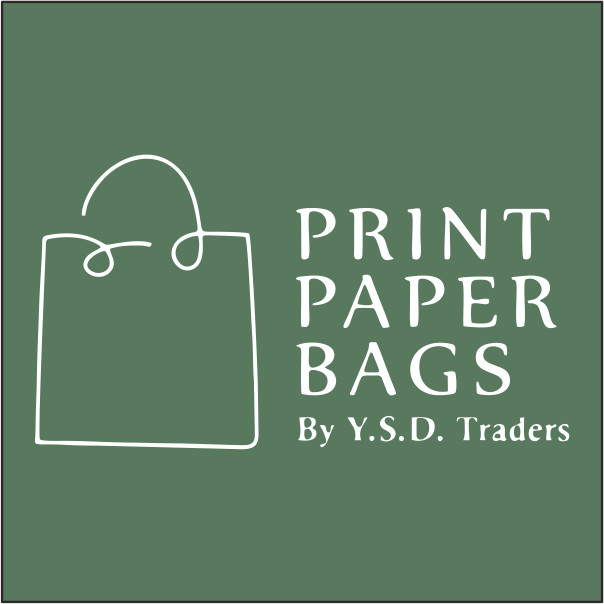Bulk Storage Recommendations for Paper Bags
To maintain the quality and durability of paper bags, especially food-grade and custom-printed ones, follow these bulk storage guidelines:
⸻
A. Storage Environment
• Temperature: Store in a cool, dry place between 15°C – 25°C (59°F – 77°F).
• Humidity: Keep humidity below 50% to prevent moisture absorption and bag deformation.
• Ventilation: Ensure proper air circulation to prevent mold growth and ink fading.
⸻
B. Protection from Damage
• Avoid Direct Sunlight: Prolonged exposure can cause ink fading and weaken the paper.
• Keep Away from Water & Chemicals: Store away from sources of moisture, oil, and strong chemicals.
• Rodent & Pest Control: Use pest-proof storage areas to avoid contamination or damage.
⸻
C. Stacking & Handling Guidelines
• Use Pallets: Store bulk orders on wooden or plastic pallets to prevent direct contact with floors.
• Maximum Stacking Height: Do not stack cartons beyond 6 feet (1.8 meters) to avoid crushing the lower layers.
• FIFO (First In, First Out): Always use older stock first to prevent product aging.
⸻
D. Shelf Life & Expiry for Food-Grade Bags
• Uncoated Kraft Bags: Can be stored for up to 12 months if kept in optimal conditions.
• PE/Wax-Coated Bags: Best used within 6–9 months to ensure coating effectiveness.
• Compostable/Biodegradable Bags: Should be used within 6 months as they may degrade faster under high humidity.
⸻
E. Packaging & Transport Considerations
• Sealed Cartons: Keep paper bags in original, sealed packaging to prevent dust accumulation.
• Shock Absorption: Handle cartons carefully to avoid creasing or folding of bags.
• Climate-Controlled Shipping (if needed): For large export orders, use temperature-controlled containers if shipping to extreme climates.
F.Product Quality & Inspection for Exports
• A pre-shipment inspection (PSI) will be conducted to ensure quality compliance.
• Third-party inspections (SGS, Intertek, etc.) can be arranged at the customer’s expense if required.
• The company ensures packaging meets international shipping standards to prevent damage in transit.
G. Return & Claims Policy for International Orders
• Due to high shipping costs, returns are not accepted for international orders unless there is a severe quality issue.
• If defects are found, customers must submit a complaint within 7 days of receiving the shipment with proof (photos/videos).
• Resolution options include:
• Partial refund or credit note for minor defects.
• Replacement in the next shipment for major defects.
• The company is not responsible for damages caused by customs handling or third-party shipping carriers.
H. Export-Related Policies
The company complies with all export regulations as per the laws of the exporting and importing countries.
• Necessary export documentation will be provided
I. Payment & Incoterms
• International payments must be made via Bank Transfer (TT), Letter of Credit (L/C), or other mutually agreed methods.
• Orders will follow Incoterms (FOB, CIF, EXW, etc.) as agreed in the contract.
• Any customs duties, import taxes, or local tariffs are the responsibility of the buyer unless specified otherwise.
J. Minimum Order Quantity (MOQ) for Exports
• A minimum order quantity (MOQ) applies to export orders due to logistics and production costs.
• Smaller shipments may be accepted but may incur additional handling charges.
K. Shipping & Logistics Policy
• Shipping will be arranged via sea, air, or land transport depending on the customer’s preference.
• The company will work with reliable logistics partners to ensure safe and timely delivery.
• Estimated lead times will be provided before order confirmation, but delays due to customs clearance, port congestion, or unforeseen circumstances are beyond the company’s control.

 Grocery bag
Grocery bag Bakery Bag
Bakery Bag Shopping Bag
Shopping Bag Stock clearance sale
Stock clearance sale Premium Bag
Premium Bag Kraft bags mailers
Kraft bags mailers

